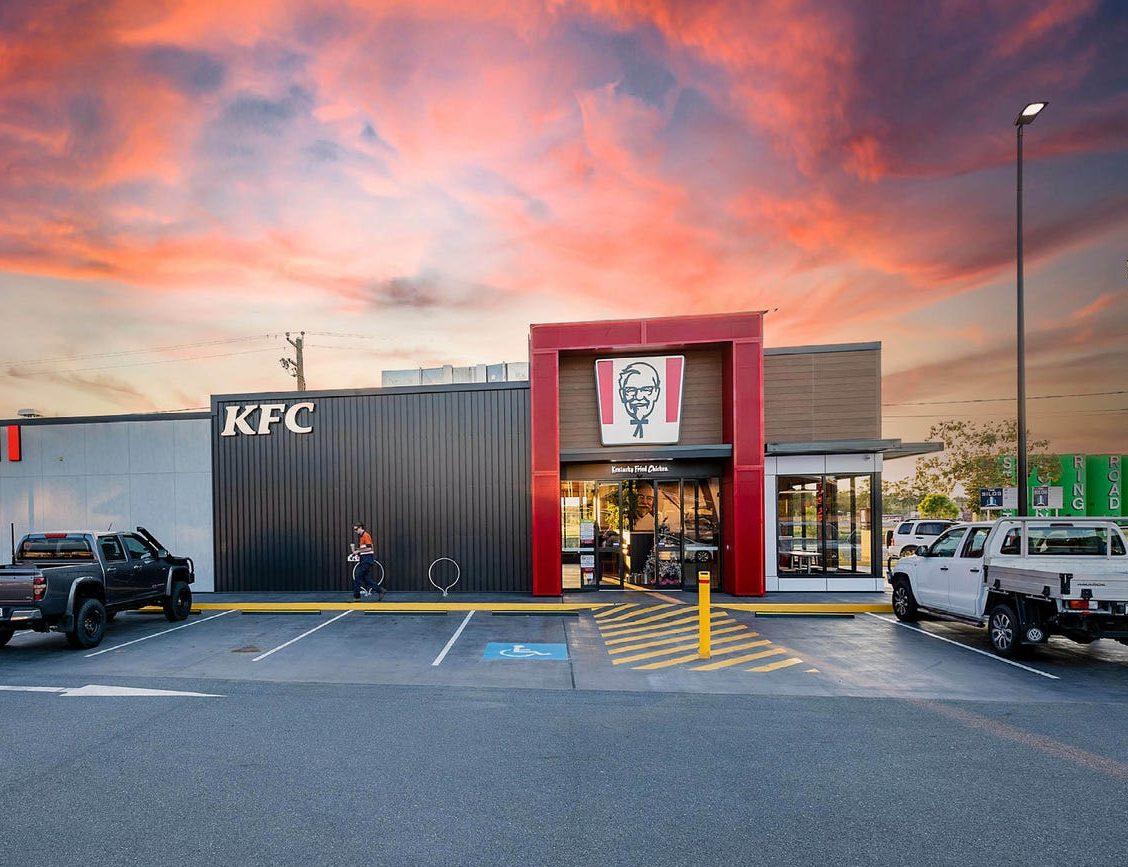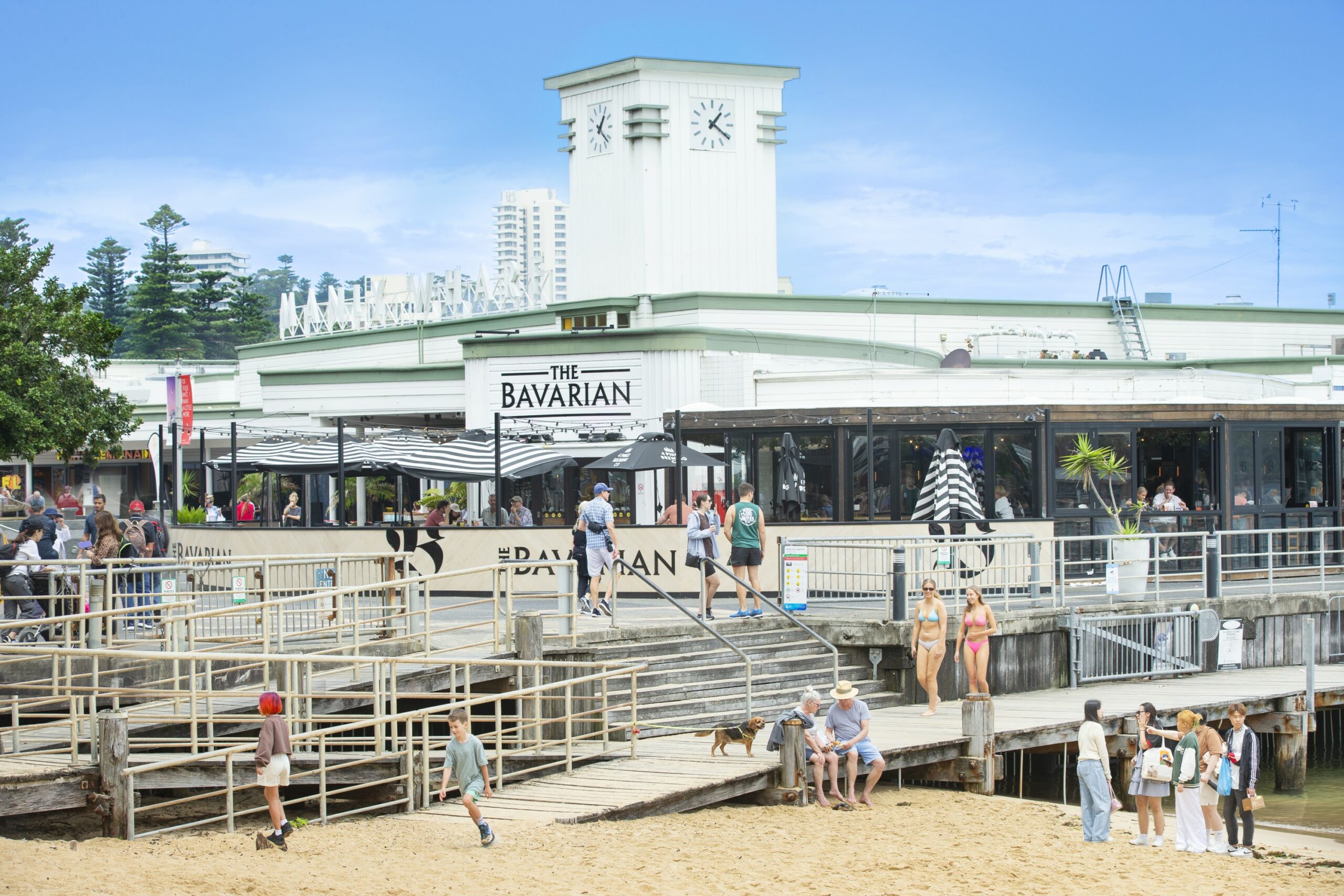Essential service investments still in demand: Colliers Queensland Premium Investment Report
25 July 2023
The rise in demand for essential services in recent years, which has contributed to the expansion of premium investment sectors like fast food establishments, childcare centres, service stations, and medical centre assets will continue due to their better resilience to economic conditions.
Research conducted by Colliers Queensland shows that due to dependence on everyday necessities the essential service sector is expected to remain stable.
Colliers Queensland National Director Investment Services Hunter Higgins said these sectors played a crucial role in daily life and were more resilient to economic conditions, making them a less risky investment with a reliable income source and capital growth potential, making them a popular choice among investors.
“Yields in this market typically range from 4 per cent to 7 per cent, depending on the asset class, offering returns that are generally higher than savings accounts,” Hunter Higgins said.
“Investors show a particular preference for assets with long-term leases and fixed income growth potential. Properties located near city areas are also highly sought-after, often transacting at lower yields due to higher demand.”
Colliers Queensland Investment Services Executive Sam Polichronis said the price points of these essential services investments were generally more affordable, hence appealing to a broader range of investors.
“Private investors, self-managed super funds, interstate investors, and those institutional-grade investors looking for secure investments have been actively driving the demand for these assets in recent years,” Sam Polichronis said.
Fast food
“The fast-food sector has garnered the attention of investors due to its steady expansion and profitability over the years, rendering it a dependable and stable business choice. So far this year, transactions amounting to approximately $16 million have been recorded in this sector.
“Despite ongoing interest in smaller chains and independent operators, many investors still prefer to invest in established brands such as KFC and McDonald’s. “Two KFC stores have changed hands in recent months with the sale of the Ashburn Road store at Bundamba selling for $4.69m (4.03% yield) and the Yaamba Road store at Parkhurst selling for $3.895m (4.39% yield) in March 2023,” Sam Polichronis added.
Medical Centres
“The Medical sector remains one of the most buoyant sectors in commercial property. Ongoing government investments in healthcare have been instrumental in driving the expansion of this sector, solidifying it as a reliable and secure source of income.
“The surge in population has fuelled the demand for medical centres, strengthening the position as a viable investment opportunity.
“The involvement of active institutional investors in a low interest rate environment has resulted in medical and healthcare facilities in Queensland achieving record breaking sales in the past two years, including major portfolio transactions, with total sales volume reaching nearly $479 million in 2022 and $500 million in 2021. 2023 has yet to gain the same momentum with $25 million in sales so far.
“Recent sales include a medical services centre in New Farm that sold for $5 million (4.4% yield) in June 2023,” Sam Polichronis said.
Childcare Centres
“The surge in demand for childcare services as a result of population growth and accessibility of childcare services, has caught the attention of investors, who see potential for stable financial returns and profitability in well-run childcare centres.
“Despite yields softening from a peak of 4 per cent to 5 per cent in 2022 to 5 per cent to 6 per cent in 2023, investors are still willing to pay high prices for strategically located sites, even if it means accepting tighter yields.
“With the economy slowing in 2023, sales volume remains low, but the market appears to be on track for a bigger year than in 2018 and 2019, with roughly $18 million in transactions changing hands in the first quarter of 2023.
“In recent months a childcare centre sold for $6.17 million (4.88% yield) in Rochedale South and another at Robina for $8.8 million (5.43% yield),” Sam Polichronis said.
Service Stations
“Service stations have captured the interest of various investors, ranging from small private investors seeking stable long-term income to large institutions looking to expand their portfolio, with few transactions recorded due to the increasing costs of debt.
“Buyer interest has weakened in 2023, resulting in a slowdown in sales volume, with only $33.5 million worth of sales recorded in the first 5 months of this year.
“While yields are expected to soften and capital values to undergo further correction, metro assets with development potential will still perform well.
“Prime assets, particularly high-quality service stations with long-term leases, stable cash flows, and reliable tenants, will remain resilient as well-funded opportunistic investors continue to search for these types of opportunities.
“In June 2023 a Caltex service station at Caboolture sold for $8 million (5.93% yield),” Sam Polichronis said.
Colliers Queensland Research Manager Pragya Sharma said like other sectors, the combination of high interest rates and a slowing economy will continue to have an impact on investment activity, leading investors to exercise caution.
“As the economy’s trajectory becomes more predictable, likely in the second half of the year, they are expected to start making investment decisions,” Pragya Sharma said.
“Yields are projected to soften until market confidence improves but private investors will remain active, primarily focusing on prime investments that are well fitted and available at the right price.
“Sales of major fast food chain brands are rare, making them attractive prospects for investors. Additionally, well equipped medical centres and childcare centres will continue to be in demand while inner city service stations with development potential will also garner significant interest.
“The everyday dependence on necessities will continue to drive demand in this sector,” Pragya Sharma added.



